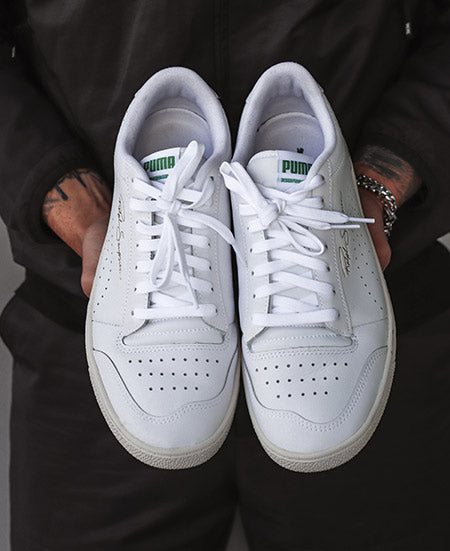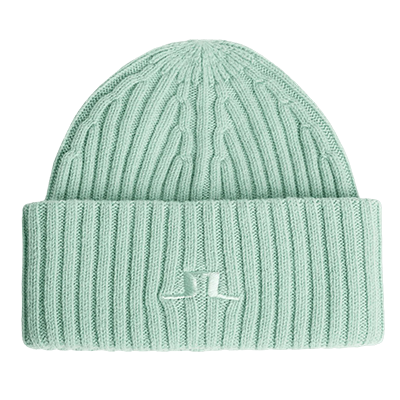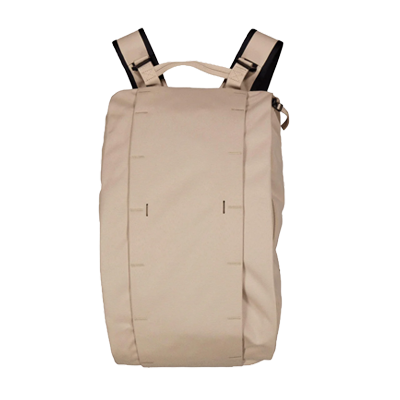The natural elegance of linen: Discover what this timeless fabric is made of
The flax plant: Linen's humble beginnings
Before becoming the stylish summer staple we know and love, every linen garment starts its journey in the fields as a humble flax plant. Flax, also known by its Latin name Linum usitatissimum, is a flowering plant grown primarily for its fibers and seeds.
Flax plants are usually ready to harvest about 100 days after planting. The plants are either hand-picked or machine-harvested and then undergo a process called "retting" to separate the fibers from the woody stem. This is done by either soaking the plants in water or laying them out in fields to allow moisture and microbes to break down the tough outer layers.
From field to fabric: The making of linen
Once the flax fibers are separated, they go through several steps to be transformed into the linen we use in clothing:
- Spinning: The fibers are spun into yarn, either by hand or machine.
- Weaving: The linen yarn is woven into fabric on a loom.
- Dyeing (optional): If desired, the linen fabric can be dyed at this stage.
- Finishing: The fabric is washed, softened, and pressed to achieve the final texture and appearance.
The resulting linen fabric is known for its unique properties:
- Strength and durability
- Breathability and moisture-wicking
- Natural anti-bacterial qualities
- Tendency to soften and improve with age
Linen in menswear: A summer style essential
Thanks to its natural breathability and relaxed drape, linen has become a go-to fabric for stylish summer clothing. From breezy [[linen shirts]] to laid-back [[linen pants]], this fabric offers an effortless elegance that's perfect for warm weather.
Linen's unique texture also adds visual interest to any outfit. Its slightly rumpled, lived-in look is part of its charm, giving off a carefree, confident vibe. Embrace the wrinkles – they're a sign of linen's natural character!
Caring for your linen garments
To keep your linen clothing looking its best, follow these simple care tips:
- Wash linen garments in cold or lukewarm water to prevent shrinkage.
- Avoid using bleach, which can weaken the fibers.
- Air dry your linen clothes or tumble dry on low heat.
- Embrace the natural wrinkles or touch up with a steam iron as needed.
With proper care, your linen pieces will only get better with age, softening and molding to your body for a truly personalized fit.
Elevate your summer style with linen
Now that you know the story behind this remarkable fabric, it's time to add some linen pieces to your summer wardrobe. From casual [[linen t-shirts]] to dressier [[linen blazers]], there's a linen garment for every occasion.
Mix and match linen with other lightweight fabrics like cotton or pair a linen shirt with your favorite jeans for a stylish, laid-back look. The possibilities are endless with this versatile summer fabric.
So embrace the natural elegance of linen and let its timeless style take your summer looks to the next level. After all, when you understand the journey from flax field to fashion, you'll appreciate your linen garments even more.
























